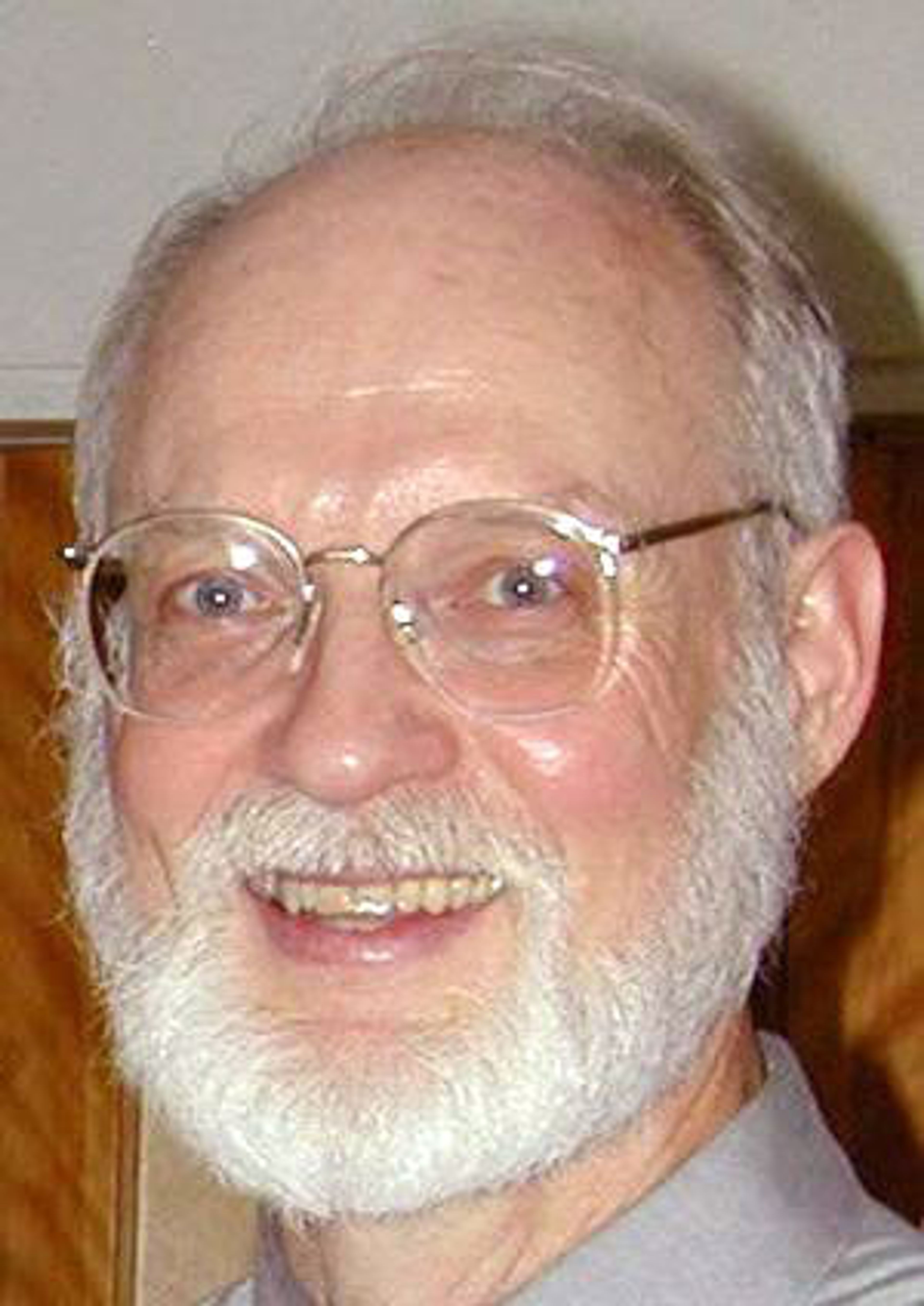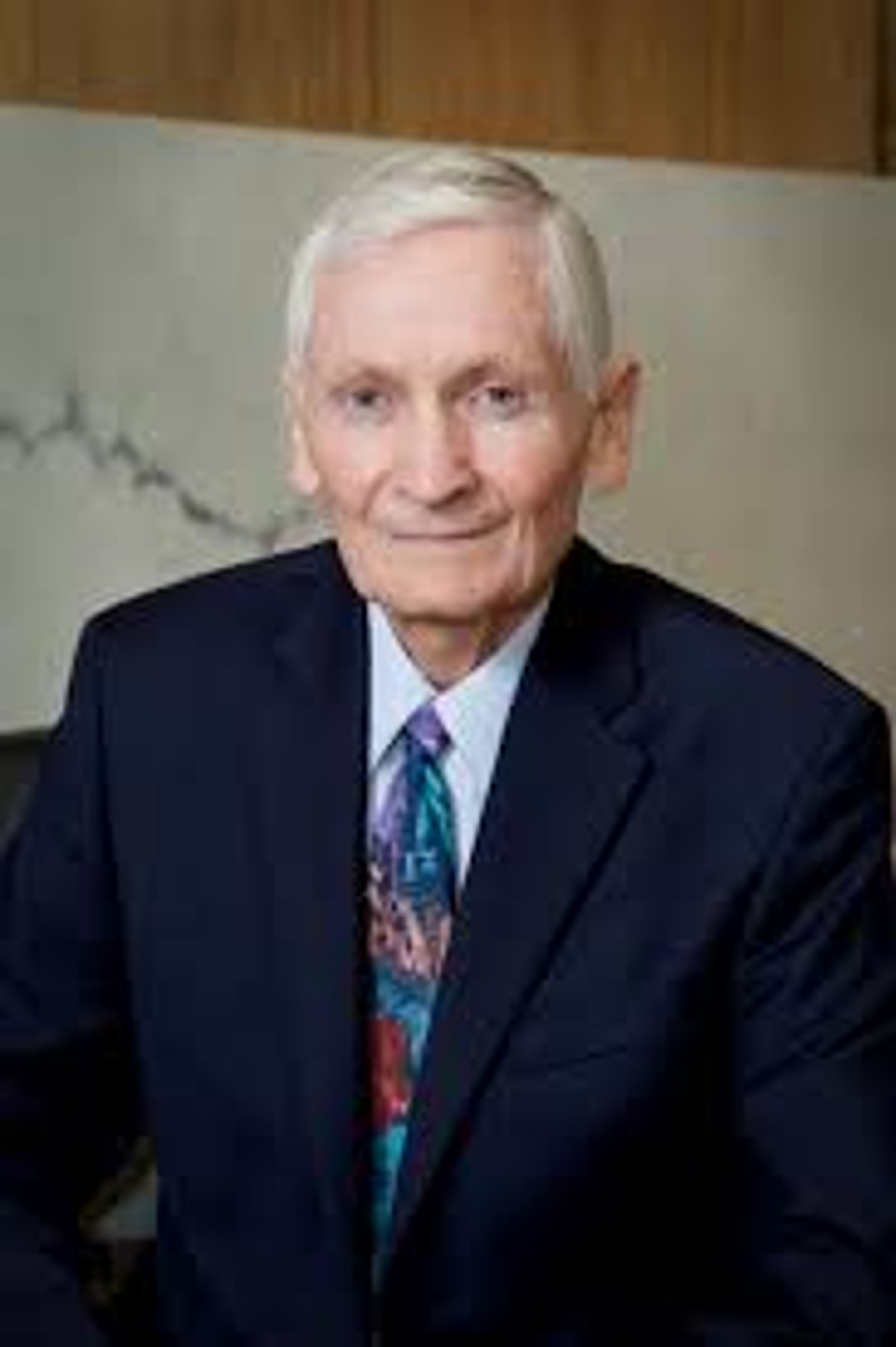His View: America should not be following the Japanese
Every year in September the Latah Human Rights Task Force celebrates Human Rights Day at Moscow’s Farmer’s Market. This year’s topic is “Education as a Human Right.”
Article 26.2 of the Universal Declaration of Human Rights states: “Education shall be directed to the full development of the human personality and to the strengthening of respect for human rights and fundamental freedoms. It shall promote understanding, tolerance and friendship among all nations, racial, and religious groups.”
In this column I will focus on the teaching of human rights, mutual understanding, and tolerance in Japan and Germany. Over the years, both countries have ranked high in almost every world survey of educational achievement. Apparently, teaching diversity was not one of the criteria for Japan.
The teaching of a nation’s history should give students a clear, unvarnished understanding of their own people and how they have acted in the world. Discretion of course should be used in the early grades.
A widely used Japanese textbook devotes only 19 of 357 pages to the nation’s violent expansion in Asia from 1931-1945. Earlier ones, at the direction of Japan’s Parliament, made no mention of the war crimes, which led, depending on the sources, to the deaths of 3 to 14 million people.
Evidently, Japanese officials agree with many Americans who don’t want students to feel guilty about their past. Writing about critical race theory, American historian James Grossman explains that “teaching it doesn’t mean that you are teaching students to hate. It means you are teaching students to understand.”
Japan’s horrific misdeeds are still raw for many Asians, especially the descendants of the estimated 200,000 Korean women who were sex slaves for Japanese soldiers. In 2006, former Prime Minister Shinzo Abe, known for his revisionist and nationalist views, lied when he claimed “that there was no evidence of Japanese government involvement in the ‘comfort women’ controversy.”
Traveling in Japan in 1983, I saw some people living under a bridge in Tokyo. When I asked my guide who they were, he said, with obvious disgust, “Koreans.”
A 2019 survey of foreigners in Japan found that 40 percent were routinely denied housing and 25 percent were shut out of jobs. They claimed that they were paid less, denied promotion, and worked longer hours than their native counterparts.
In 1996, to counter the discrimination against foreigners, Japanese education authorities introduced an Education for International Understanding curriculum. Its success has been thwarted by lack of qualified teachers and sufficient resources, and one critic says that “although these are valuable lessons, children may not be learning enough how to cooperate with people whom they perceive to be different.”
In stark contrast to Japan is Germany and 17 other countries where it is a crime to deny the Holocaust or display Nazi symbols. The German curriculum goes into great detail about the evils of Hitler’s regime. Most schools organize field trips to various former concentration camps and holocaust memorials.
Significantly, there is very little attention in these classes to the battles that the Nazis fought and, in many cases, won. The reasoning is that students should not be allowed to develop national pride in these victories. In stark contrast, thousands of Southern U.S. students take field trips to Civil War battlefields where they sometimes partake in reenactments of famous military engagements.
It would be both inconceivable and repulsive to Germans to honor Nazi generals in the way that Confederate leaders are. Especially offensive to many Americans is that Alabama and Arkansas celebrate Robert E. Lee in conjunction with Martin Luther King Day, and on Jan. 19 in Tennessee, Florida, and Kentucky.
Every year since the June 4, 1989, massacre, when protesters set up a replica of the Statue of Liberty in Tiananmen Square, the Chinese government has made sure that there is no mention of it in the press, on the internet, or the history books. One commentator has called this “historical nihilism,” not only with regard to Tiananmen, but hundreds of other incidents that might cause their citizens to “hate” their government.
In their sanitizing of history, many Japanese and Americans are practicing historical nihilism. I contend that teaching history as propaganda is to deny a student’s human rights.
Gier is professor emeritus at the University of Idaho. Email him at ngier006@gmail.com.








